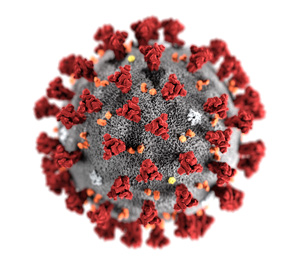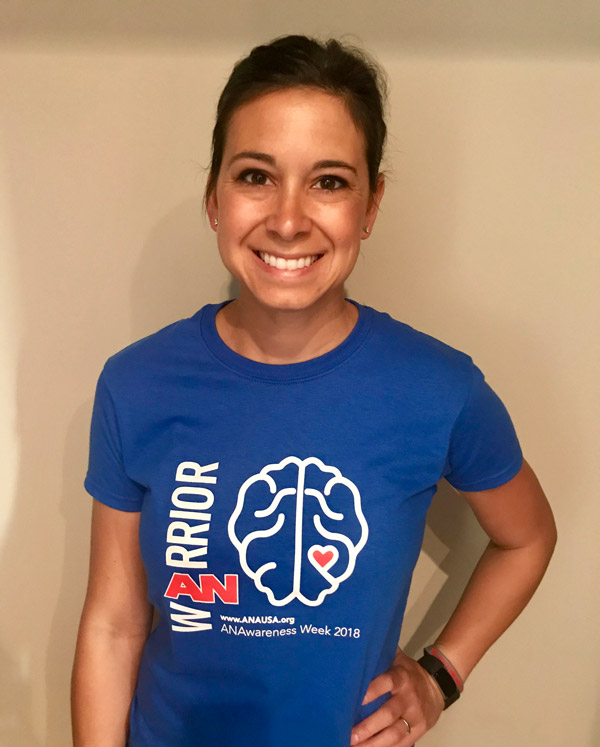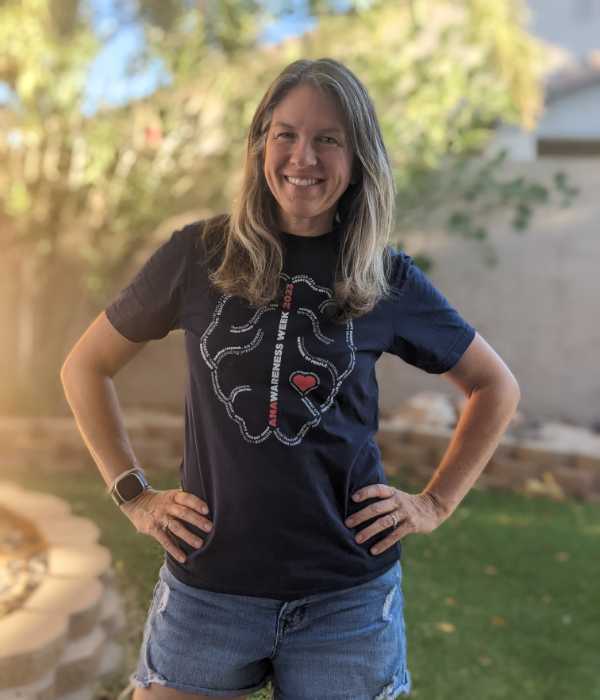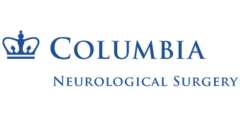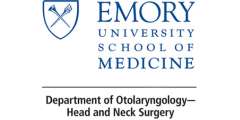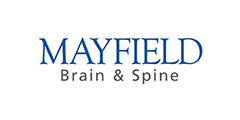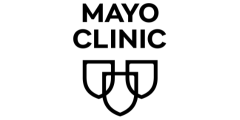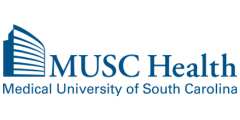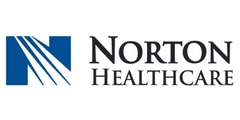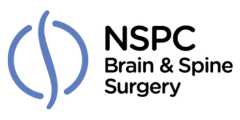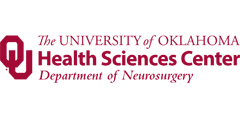A lot has happened since we first posted a short article titled “Acoustic Neuroma and COVID-19: A statement from a member of our Medical Advisory Board” in March 2020. Recently, several members of the ANA community have expressed concerns regarding the risks associated with receiving acoustic neuroma medical care amidst the COVID-19 pandemic, including regular MRI testing. Reflecting the differences in COVID-19 case numbers and availability of medical resources across the country, recommendations about treatment, obtaining MRI studies, and attending clinical follow-up may vary from center to center.
Matching with current general public recommendations, when presenting to your medical appointments you should observe social distancing of at least 6 feet whenever possible, avoid crowded or congested areas, and cover your nose and mouth with an appropriate mask, and observe good hand hygiene. You should also be aware of potential symptoms of a developing COVID-19 infection, including fever, cough, and shortness of breath, among other symptoms. If you experience these symptoms, contact your doctor or local medical facility and avoid contact with others until you are properly evaluated. Please read the CDC webpage on COVID-19 to receive more information about symptoms of COVID-19 infection and ways to reduce your risk of acquiring the virus.
If you are concerned about receiving acoustic neuroma care during this time, we recommend that you seek the advice of your acoustic neuroma care team in order to receive up-to-date information regarding local medical center restrictions and guidelines. In some cases, you may be able to have your MRI test performed locally and electronically sent to your provider if they are outside your immediate region. In other situations, your provider may decide it is reasonable to postpone your MRI if your tumor is small and/or has been stable on imaging for many years. Some centers have opened “virtual consult” appointments, where patients may use Zoom or other telemedicine platforms to communicate with the care team via videoconference rather than physically traveling to the medical center. These options may be particularly appealing to elderly or immunocompromised patients who may experience a more severe infection. Ultimately, it is important to maintain regular follow-up under the direction of your acoustic neuroma care team based on your specific condition.
Matthew L. Carlson, MD
Mayo Clinic, Rochester, MN

